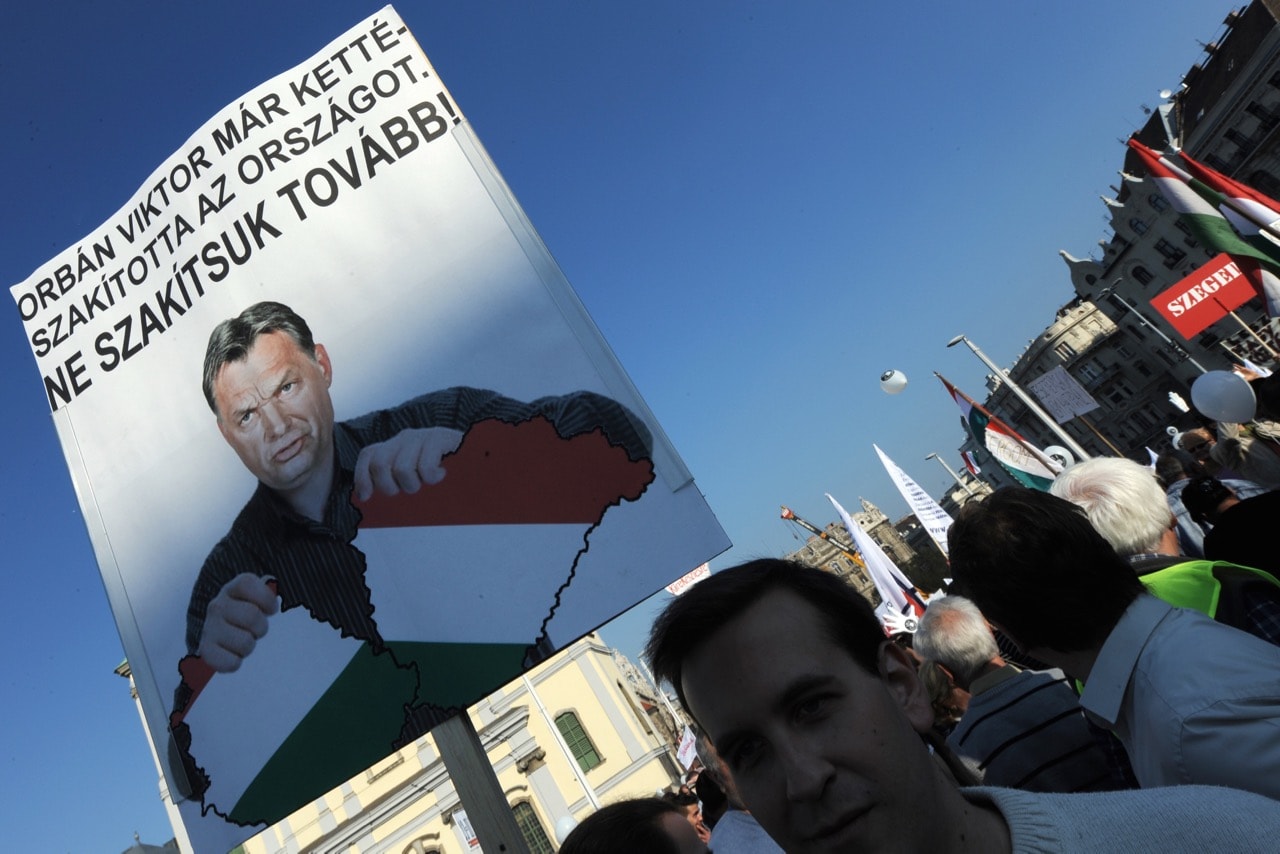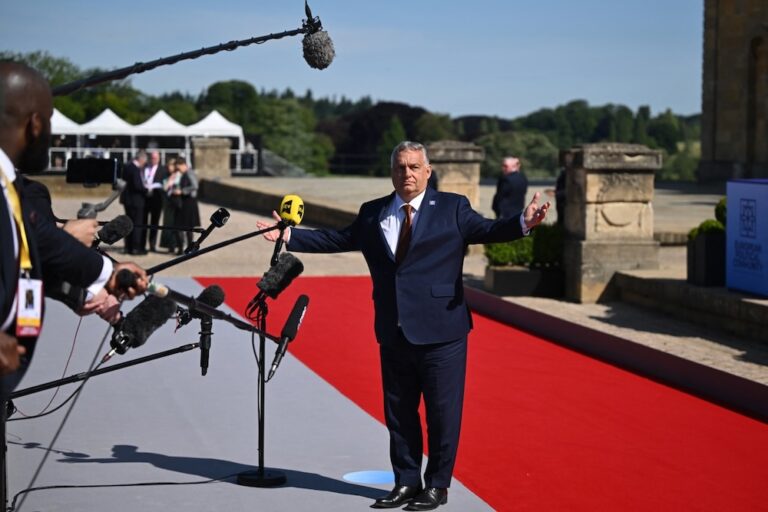Pro-Orbán media owners 'donated' their news outlets to the Central European Press and Media Foundation, a newly formed conglomerate headed by a prominent Orbán supporter.
This statement was originally published on seenpm.org on 30 November 2018.
In an unprecedented concerted action pro-Orbán media owners ‘donated’ their news channels, internet news portals, tabloid and sports newspapers, several radio stations, numerous magazines and all of Hungary’s county newspapers, to a newly formed media conglomerate equipped with immense resources. It goes by the name Central European Press and Media Foundation and is headed by Orbán supporter and media owner Gábor Liszkay.
According to media reports, most of the publications donated to the Foundation were acquired or founded by allies of Prime Minister Viktor Orban in the past few years. Some of them turned from relatively independent outlets into supporters of the government, with copious state and government advertising, reports the Council of Europe.
The European Centre for Press and Media Freedom (ECPMF) strongly condemns this blunt anti-media freedom action which results in total control over the right-wing media close to the government while any of the few independent media that are left, are already starved of advertisement budgets.
‘With this new conglomerate controlling most of the media in Hungary, it will be practically impossible for anyone else to compete on the market,’ says Marius Dragomir, Director of the Center for Media, Data and Society in Hungary.
‘Media freedom in Hungary is no more,’ says Lutz Kinkel, Managing Director of the ECPMF. ‘The EU needs to decide and to follow through with EU Member States that openly abandon Europe’s very core values, such as freedom of the press.’
The facade has dropped, says MEP Benedek Jávor.
‘Following this decision, government propaganda will have an even stronger and centralised voice in Hungary, with an incredible amount of resources controlled by the government. This system of a media market is unprecedented in a democracy, in fact, this resembles the media landscape in a dictatorship.’
On 28 November, the National Federation of Hungarian Journalists (MUOSZ) sent a letter to the Media Authority and the Competition Office in Hungary, in order to denounce the hegemonic position of the new conglomerate, in many areas of the press, including national commercial radio and county newspapers, reports the Council of Europe.
Since 2012, Freedom House has described Hungary’s media status as ‘partly free’. In the RSF World Press Freedom Index it ranks 78 of 180 – however, this was before the conglomerate was founded.



